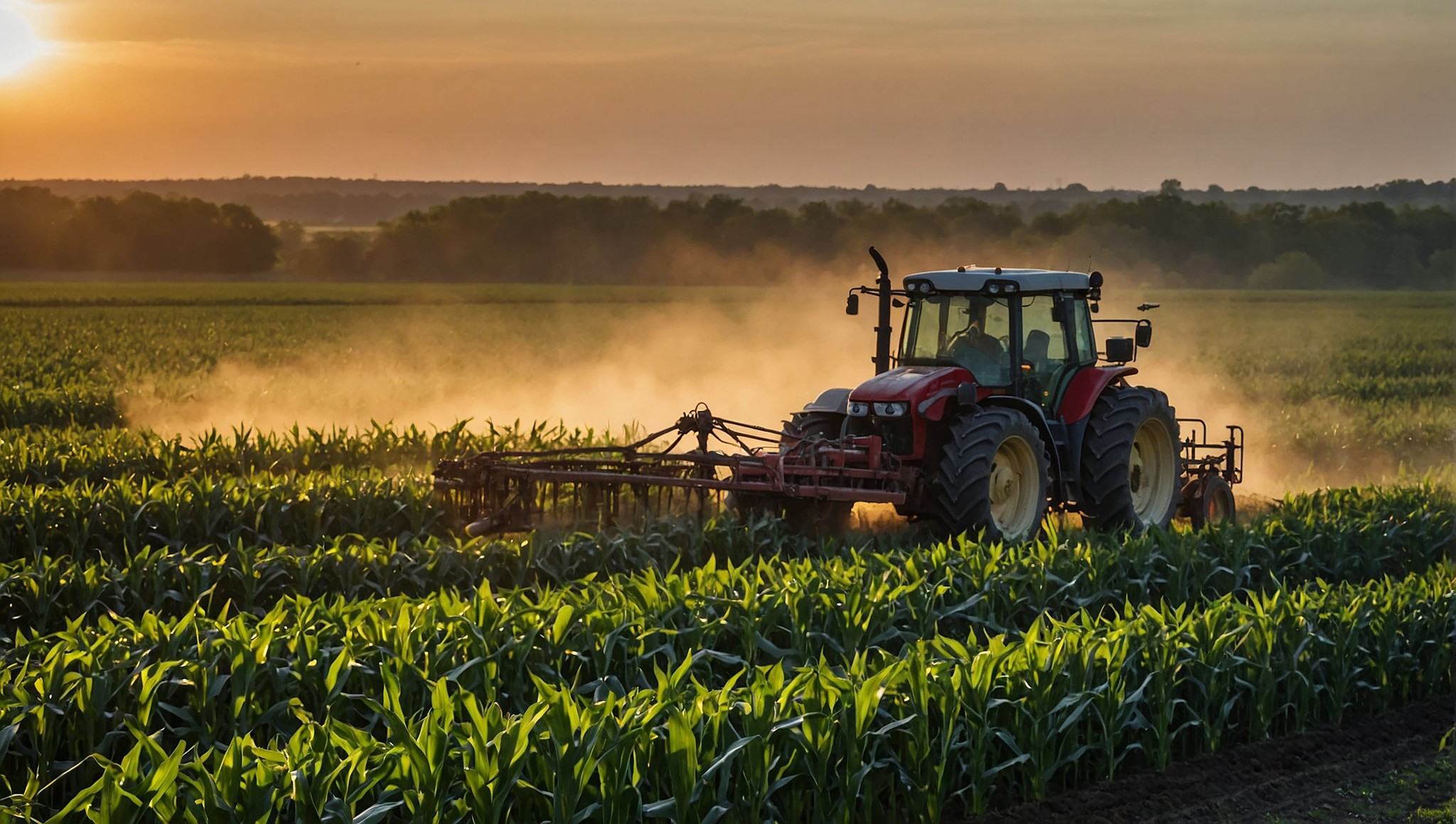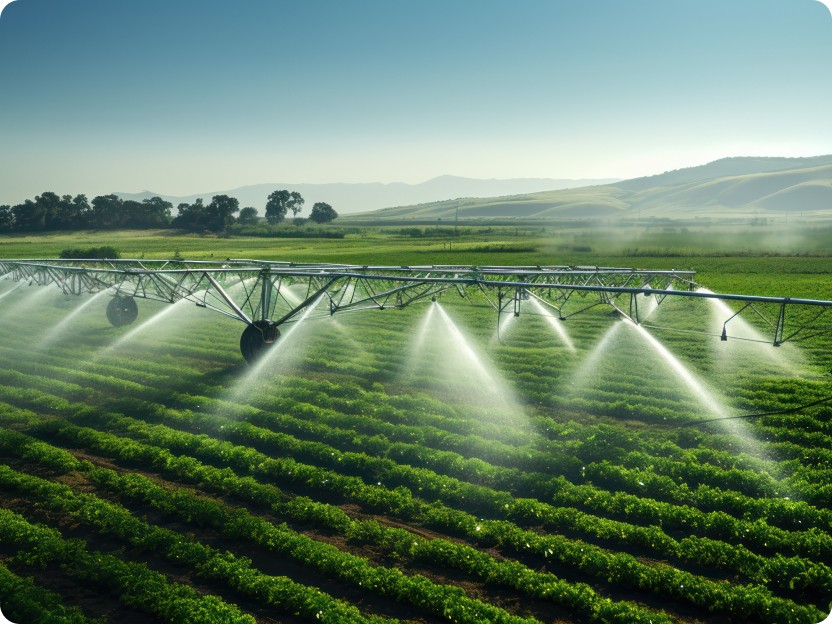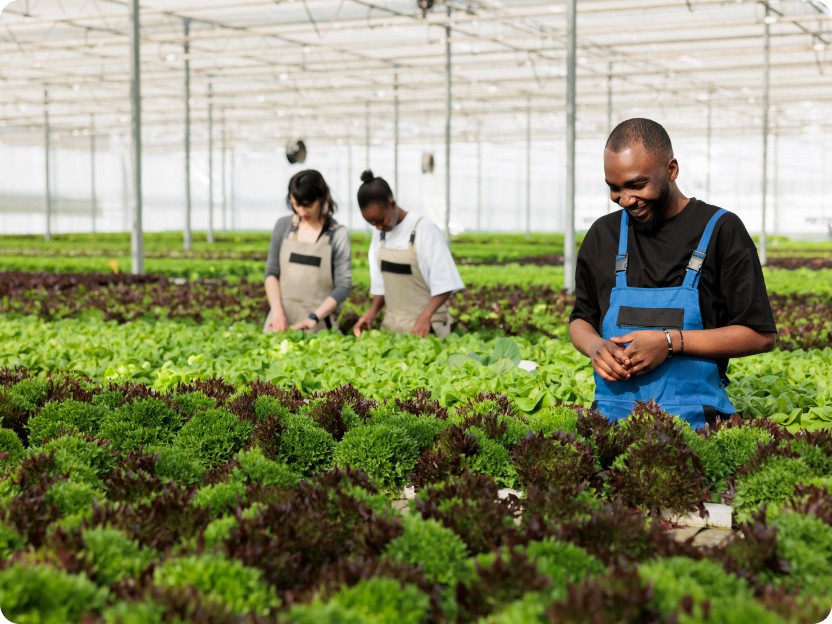More Blog & Articles
Explore Other Blog
Get in touch
Innovative Solutions for agriculture
Why Organic Farming is the Future of Agriculture
Oct 12, 2024
Eco Farming
James A. Donald
A Multi-Dimensional Approach to Agriculture
Organic farming represents a transformative shift in agricultural practices, focusing on sustainability, biodiversity, and the health of our planet. As concerns about environmental degradation and food safety rise, organic farming emerges as a viable solution for a more sustainable future.
➡ Cultivating food with integrity and care.
➡ Committed to environmentally friendly farming practices.
➡ Supporting health and wellness through organic produce.
➡ Building a sustainable future for generations to come.
Key Reasons for the Rise of Organic Farming
Here are several compelling reasons why organic farming is becoming the future of agriculture:
Healthier Produce: Organic farming avoids synthetic pesticides and fertilizers, resulting in safer, healthier food for consumers.
Environmental Benefits: Organic practices enhance soil health, conserve water, and reduce pollution, promoting a healthier ecosystem.
Biodiversity Preservation: By fostering diverse plant and animal life, organic farms contribute to the resilience of local ecosystems.
Consumer Demand: Growing awareness and demand for organic products encourage farmers to adopt organic practices to meet consumer preferences.

"Organic farming is not just a method; it’s a commitment to the earth, our health, and the future of food."
The Path Forward for Organic Agriculture
As technology and research continue to evolve, organic farming practices will likely become more efficient and accessible. Innovations in organic pest management, soil enhancement, and crop diversity offer promising pathways for farmers. By investing in organic farming, we can create a resilient agricultural system that prioritizes health, sustainability, and the well-being of our planet.
Embracing organic farming is essential for ensuring a safe and sustainable food supply for future generations.







